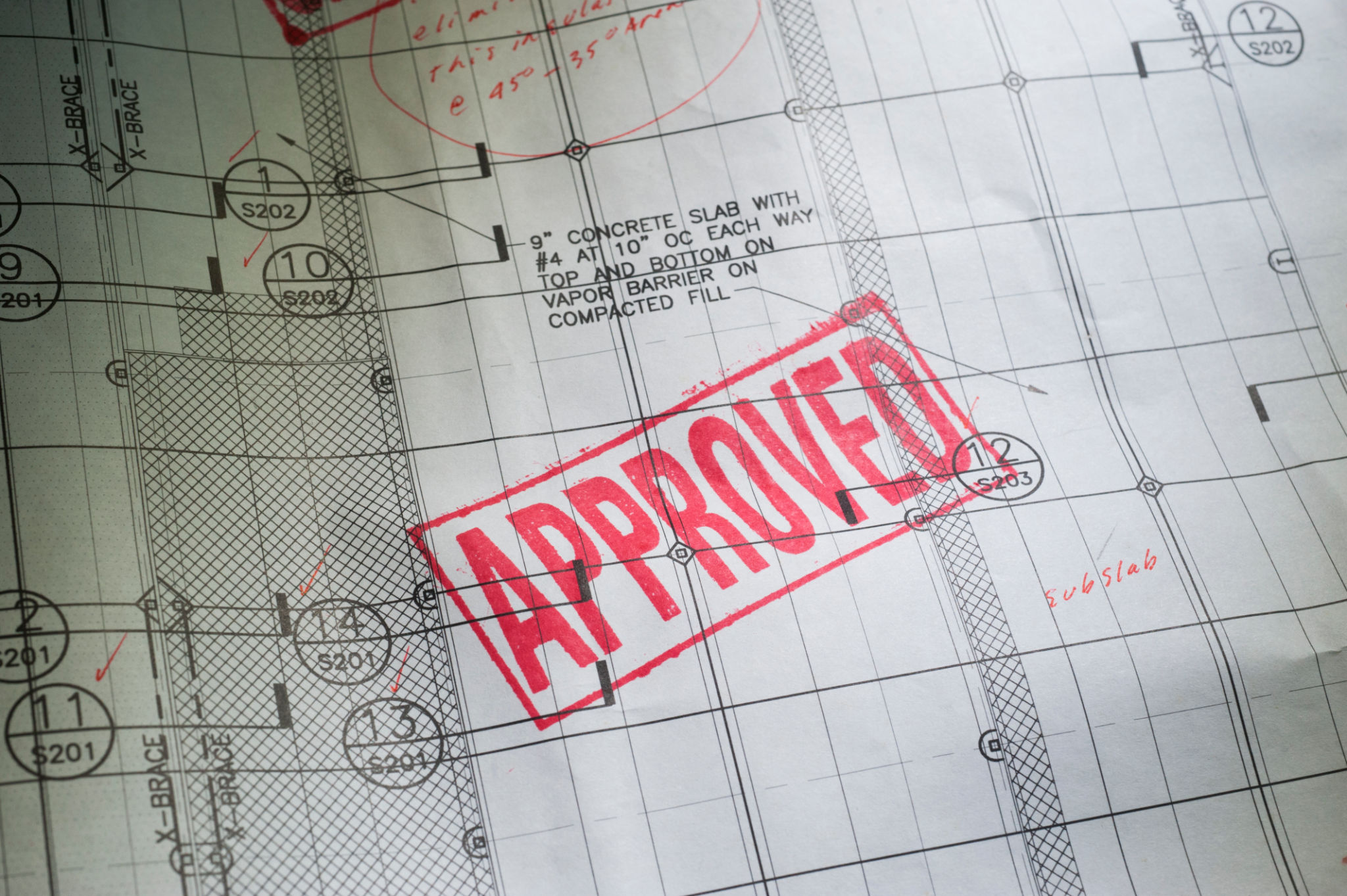Avoid Common Pitfalls in Septic Digging with Expert Advice
Understanding the Basics of Septic Digging
Septic digging is a critical component of installing or maintaining a septic system. However, it is not as straightforward as it seems. It requires a deep understanding of soil composition, local regulations, and environmental considerations. Without proper knowledge, you may encounter several pitfalls that could lead to costly mistakes.
One of the most common issues is not considering the soil type before starting the excavation. Different types of soil have varying drainage capabilities, and this can affect the efficiency of your septic system. Conducting a soil test beforehand can save you from future headaches.

Regulatory Compliance and Permits
Another crucial aspect of septic digging is ensuring you have the necessary permits and are compliant with local regulations. Failing to do so can result in fines or having to redo the work entirely. Each region has specific rules about how and where septic systems can be installed, so it's essential to consult with local authorities before beginning any project.
Moreover, consider hiring a professional who is familiar with these regulations. Their expertise can guide you through obtaining the right permits and ensure that your project meets all legal requirements.

Avoiding Environmental Hazards
Environmental factors play a significant role in septic digging. It's vital to ensure that your septic system will not contaminate nearby water sources or disturb local ecosystems. This involves careful planning and site evaluation to ensure the system is placed at a safe distance from wells, streams, or other water bodies.
Additionally, consider potential flood zones or areas prone to erosion. Installing a septic system in such locations can lead to operational failures or environmental damage.

Selecting the Right Equipment
Using the appropriate equipment for septic digging is another area where many people make mistakes. The type of machinery required can vary depending on the size of the project and the terrain of the site. For instance, rocky or compacted soils may require heavier equipment to dig effectively.
Investing in or hiring the right machinery not only speeds up the process but also ensures that the excavation is done correctly, minimizing the risk of damage to your property or equipment.

Hiring Professional Help
While DIY projects can be rewarding, septic digging is one area where professional help is often invaluable. Professionals bring expertise, experience, and access to the right equipment needed for a successful project.
When selecting a contractor, verify their credentials and ask for references. A reputable professional will provide a detailed plan and timeline for your project, ensuring transparency and accountability throughout the process.
